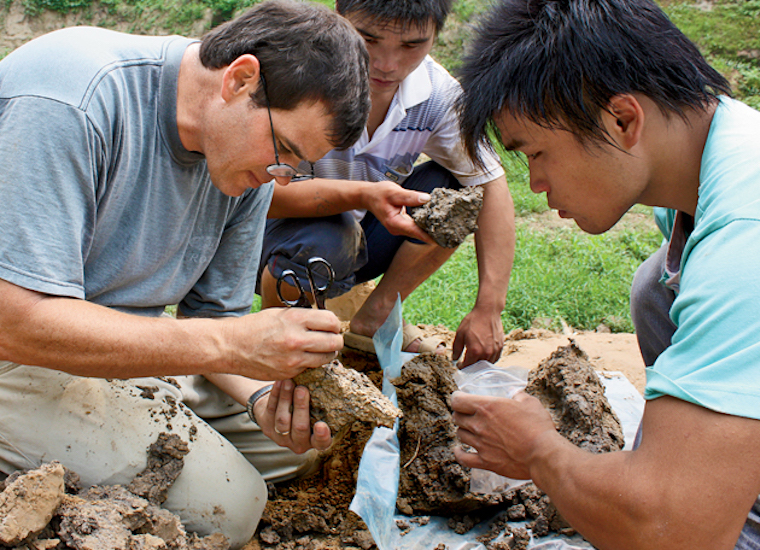Anthropologist T.R. Kidder in Arts & Sciences at Washington University in St. Louis published new research that shows that aridification in the central plains of China during the early Bronze Age did not cause population collapse. The results highlight the importance of social resilience to climate change.
Climate alone is not a driver for human behavior. The choices that people make in the face of changing conditions take place in a larger human context. And studies that combine insights from archaeologists and environmental scientists can offer more nuanced lessons about how people have responded — sometimes successfully — to long-term environmental changes.
The new study is one of the first attempts to quantify the types and rates of demographic and subsistence changes over the course of thousands of years in the central plains of China.
